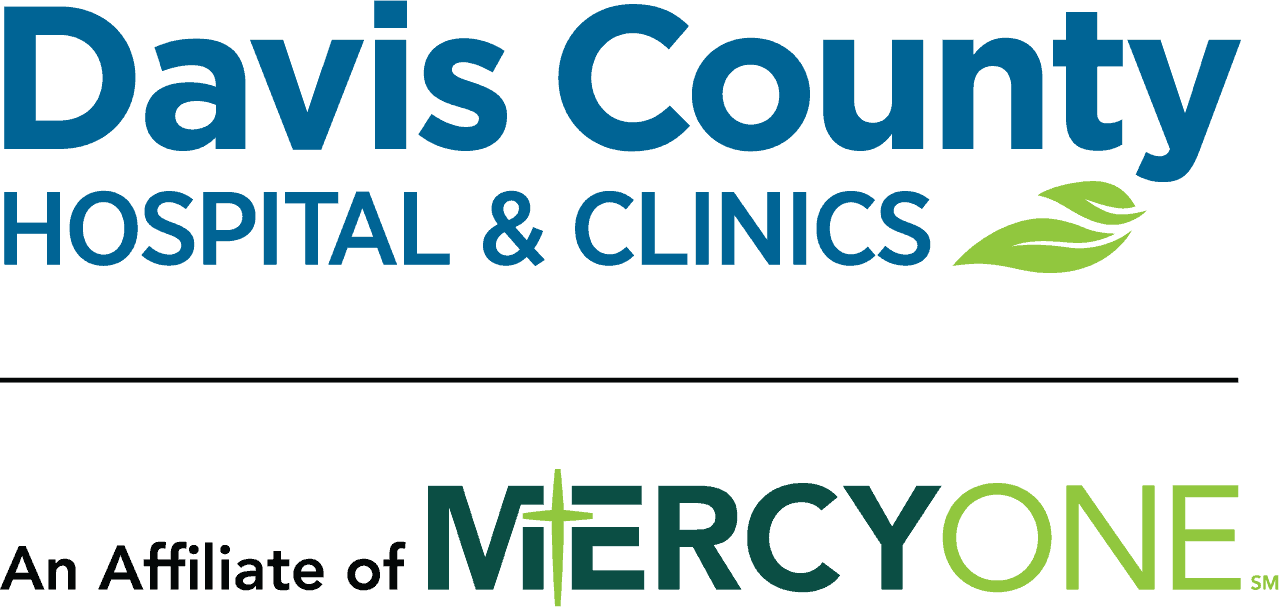What’s Scarier: A Colonoscopy or Cancer?
What’s Scarier: A Colonoscopy or Cancer?
Some people hear the word colonoscopy and run the other direction. It doesn’t have to be a scary thing. It’s a common procedure that is important because it is a potentially life-saving procedure that can prevent the development of colon cancer. Colon cancer is the second leading cause of cancer deaths in the US, yet is one of the most preventable types of cancer.
What does my colon do?
The colon is part of the large intestine, and is the final part of the digestive system. Its function is to reabsorb fluids and process waste products from the body and prepare for its elimination.
What is a colonoscopy?
A colonoscopy is a procedure which allows a physician to directly view and examine the entire colon. It is effective in the diagnosis and/or evaluation of various GI disorders (e.g. colon polyps, colon cancer, diverticulosis, inflammatory bowel disease, bleeding, change in bowel habits, abdominal pain, obstruction and abnormal x-rays or CT scans) as well as in providing therapy (for example, removal of polyps or control of bleeding). It is also used for screening for colon cancer. A key advantage of this technique is that it allows both imaging of abnormal findings and also removal of these lesions during the same examination.
What is my risk of developing colon cancer?
Your lifetime risk is approximately 6% (male or female). Your risk is roughly doubled if a parent, sibling or child had colon cancer or polyps after age 50, and is higher if the cancer or polyps were diagnosed at a younger age or if more members of your family are affected.
Is a colonoscopy painful? Will I be sedated?
No, a colonoscopy is usually not painful. Almost all colonoscopies can be performed using sedation. The most common type of sedation has a mild amnesiac effect, so most patients do not even remember the procedure. Your doctor can discuss with you the best form of sedation to fit your needs.
When should I have a colonoscopy?
If you have no colorectal symptoms, family history of colon cancer, polyps or inflammatory bowel disease you should have your first exam at age 50 whether you are a man or a woman since colon cancer affects both equally.
Don’t let fear get in the way of having a colonoscopy. The procedure itself lasts only 30-60 minutes and you may resume normal activities the next day.
Dr. Robert Floyd, Internal Medicine and Dr. John Harrington, General Surgery perform colonoscopies at Davis County Hospital. You may call 641-664-2145 for more information.

